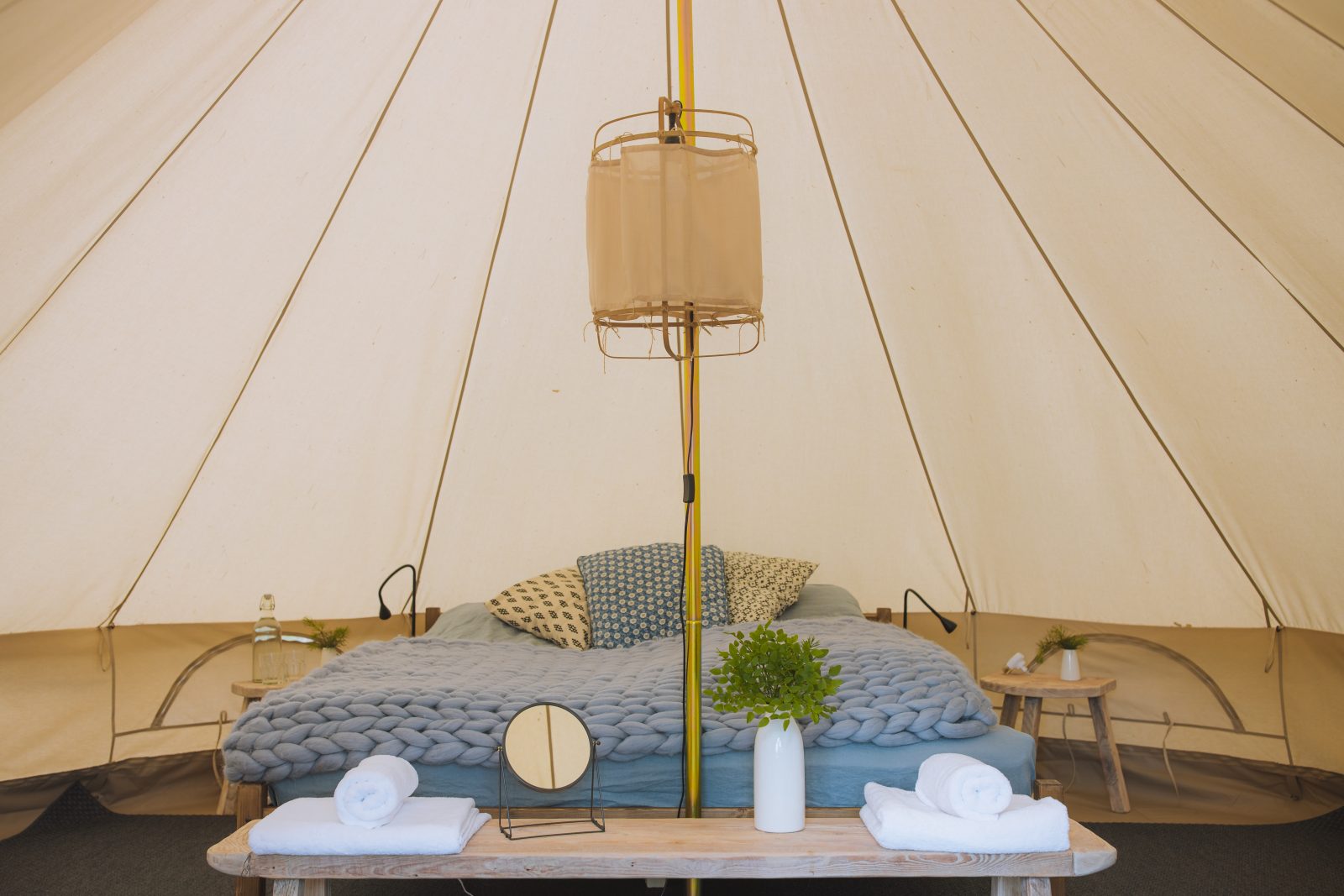Today we want to share 5 natural herbs for deep relaxation after a busy day. Stress developed as an evolutionary response, alerting humans of impending danger and modulating appropriate responses to escape from threatening situations. However, with the end of the stone age and the dawn of the modern-day era, everyday life pressures and demands trigger stress responses. Stress affects the mind and body, causing physical and psychological symptoms that can be detrimental to your health.
Fortunately, Mother Nature is handy, providing herbal remedies and varieties like the black tuna strain to curb acute stress responses. Below are five herbal remedies that induce a deep relaxation state, promoting overall wellbeing. CBD oil is used to deal with stress. Sunday Scaries CBD sleep tincture can also helps in this.
What is Deep Relaxation?
Deep relaxation, or the relaxation response, is a state of low physical and emotional tension experienced in the absence of negative arousal. Negative arousal caused by stress stimuli, like personal failures, affects the brain’s information processing pathway, causing you to experience negative emotions.
Besides psychological experiences like anger, fear, and nervousness, negative arousal also causes a surge in stress hormones, like cortisol. Cortisol triggers physical stress symptoms, including an elevated heart rate, blood pressure spike, rapid breathing, and muscle tension.
In contrast, the relaxation response maintains a regular heart rate, healthy blood pressure, relaxed breathing, and eases muscle tension. While deep relaxation exists at the core of the human condition, overwhelming stress stimuli make it difficult for most people to access it without external intervention. Mental health statistics show that stress affects physical health in 77% of the American adult population and mental health in 73% of the same demographic.
Deep relaxation is vital in countering the physical and mental exertion that stress inflicts on the body. The herbs listed below help induce that vital relaxation response.
Lavender
Photo by on Pexels
Lavender is more than a popular fragrance for toiletry supplies; however, its pleasant fragrance plays a significant role in inducing the relaxation response. The floral herb is rich in terpenes, including linalool and linalyl acetate. Terpenes dictate a plant’s flavor and aroma profile; hence the two terpenes lend lavender its soothing fragrance.
A scientific review of clinical studies on lavender concluded that the herb features anxiolytic (anxiety reduction) effects, mood regulation, and sedative properties. Its terpenes work by modulating and correcting the hormonal imbalances that raise anxiety and trigger negative emotions.
Additionally, a study conducted to establish lavender’s effects on the nervous system showed that it caused suppression of the central nervous system (CNS). CNS suppression means slowing down parasympathetic responses (CNS-controlled processes) like heart rate, breathing, and blood pressure. Therefore, lavender induces a state of deep relaxation by neutralizing physical and psychological stress-induced symptoms.
Lavender is a versatile herb taken orally as a tea, through aromatherapy inhalation, or a topical mixed with essential oil bases like coconut oil. To reap its deep relaxation benefits, you can also infuse lavender petals and oil extracts in your bathwater. The clinical study review referenced above also concludes that lavender has high tolerability, so it is safe for most people.
Passionflower
Passionflower is another herb worth adding to your self-care and rejuvenation routine. The herb is popular for its powerful anxiolytic effect. One systematic review shows it is as effective as anxiety prescription medications like benzodiazepine in combating general anxiety disorder (GAD).
Another study concluded that the passionflower’s mechanism of action entails increasing gamma-aminobutyric acid (GABA) levels in the body. GABA is an inhibitory neurotransmitter that functions by blocking signals in the nerve cells from reaching the brain. The neurotransmitter blocks stress signals, consequently reducing activity in the portions of the brain that process stress stimuli, thus inducing mental relaxation.
In another research, scientists established passionflower’s efficacy as an antispasmodic agent, which intervenes in involuntary stress-induced muscle tension and tension headaches. The herb is available as tea and in tinctures, while its essential oil also works when infused in a warm bath. However, be wary of drug interaction with sleeping pills and anxiety medications.
Ashwagandha
Ashwagandha enjoys a prominent status in the Ayurvedic (timeless Indian herbal medicine practices) medicine arena, given its remarkable rejuvenation effect. The herb is an adaptogen, meaning it modulates body hormones and functions that promote stress-induced behavior.
One study shows that the herb lowers cortisol production and soothes the CNS to induce deep relaxation. The herb is available in capsule, tincture, and powder form but is not recommended for consumption by pregnant women.
Photo by on Pexels
Chamomile
Chamomile is currently under consideration for use as a long-term treatment for GAD. The herb utilizes the exact mechanism of action as a passionflower (described above) to lower anxiety and soothe the CNS. Chamomile is also a mild sedative and features antispasmodic effects, promoting deep, full-body relaxation.
The adaptogen is a popular tea, but you can also use its essential oils in aromatherapy. However, proceed with caution if you are prone to allergies.
Lemon Balm
Lemon balm is popular for its mood-boosting capacity, countering negative arousal. The herb also induces calmness and sleep while alleviating anxiety. In one study, brain wave readings recorded before and after lemon balm consumption showed an increase in alpha wave activity.
Alpha wave activity is inversely proportional to neural excitation (brain activity). While the herb’s mechanism of action remains unknown, one theory is that it modulates GABA production. Lemon balm is available as tea and in tinctures and is highly tolerable.
Conclusion:
Deep relaxation is crucial to your physical and mental health and wellness. Therefore, be intentional about setting time apart to experience deep relaxation. The above-listed herbs help induce the much-needed rejuvenation process.
Read more lifestyle and wellness articles at ClichéMag.com
Images provided by Flickr, Unsplash, Pexels, Pixabay & Creative Commons





